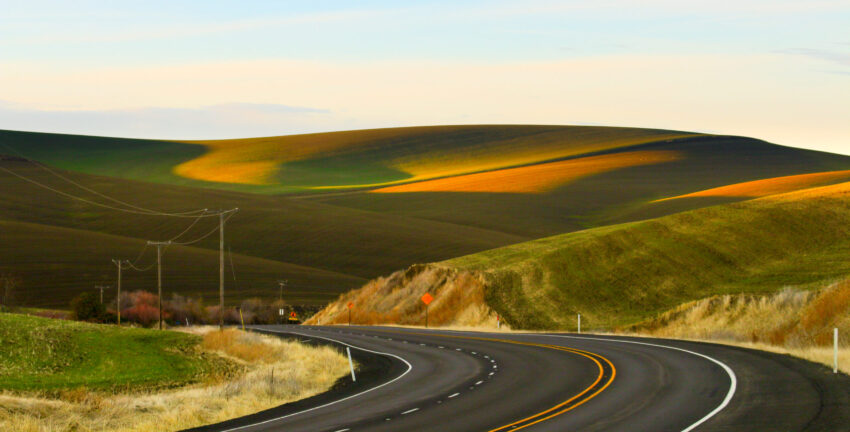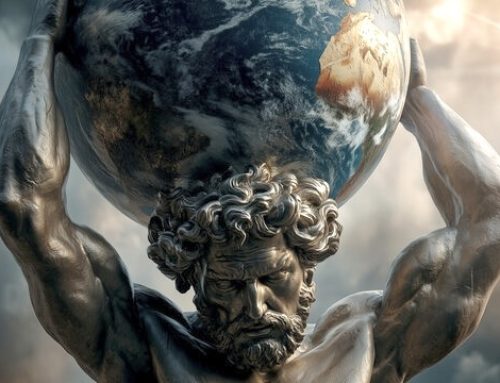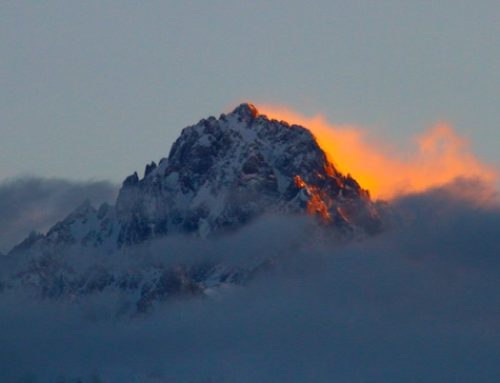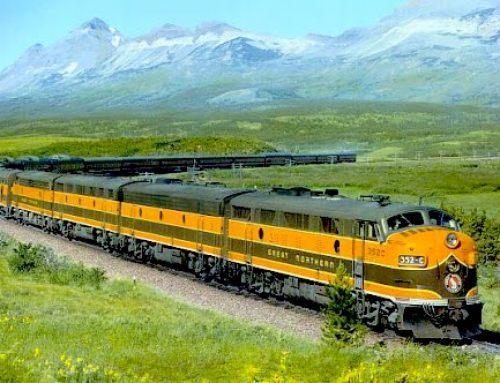As the country grinds to a Covid-induced halt, and President Trump descends from existential threat, to absurd clown, to likely defendant, the rest of us are tasked with our personal survival through spring, or longer. Hibernation is natural for many mammals during winter’s darkness and cold, yet we humans are better at romanticizing hibernation than practicing prolonged seclusion. Distractions conceived to ward off anxiety and depression are, I have learned, a simple enough concept, but soon fall victim to the banality of repetition. And, while I embrace the theory of the “present moment” as the only one that matters, when desperation takes up residency in the now, as it has for too many Americans, breathing deeply can slide into hyperventilation.
Watching the news as a go-to distraction is of little help when the message is, we’re all gonna die. Old movies turn out to be just that: old. Hallmark movies? Little more than a sugar high. Reminisce about lost freedoms and good times? I don’t recommend going down that rabbit hole. And, our spouses, partners, family members, and even pets (if they haven’t bailed on us already) look askance at us with that gaze of simmering contempt as their eyes speak without words: “Oh, you again? You’re still here?” Do you think “stay-at-home” comes with the permission to share your flatulence as loudly as you can? Winston Churchill gave the best advice: “When you are going through hell, keep going.”
Alas, the earth still spins its way, day by day, to a new tomorrow.
As for earth, I expect it is wishing for an asteroid to rid itself of humanity but, for the time being, we are stuck with each other in a fateful embrace of dual threats: nature’s virus to humans, and human’s toxic dependencies that are assuring the extinction of nature. Oh, joy! This is our centennial (perhaps millennial) test: can we come together to defeat a pandemic and leverage that new-found unity to halt, then reverse, climate change? Can we save ourselves and nature too? The pandemic is, in many respects, our audition—a training-wheels deal. If we can’t defeat it, we have little hope of affecting climate change. We may as well load up the Yukon and move there—to the Yukon. (I hear new real estate brokerages are opening there every day.)
Dear reader, we need to flip the script, and soon. We need to summon our inner entrepreneur and reconceive threats as opportunities and work to morph our weaknesses into strengths. We need to reimagine our world and the role(s) we play. Lord knows we have the time, now we just need the will. I used to teach budding entrepreneurs and aging executives the same thing: that success is based in intelligence, resources, and passion; that you can win with two of three as long as one of them is passion. You can be smart or well-funded, but if you lack passion—intensity—you will not prevail. To that end, I have some thoughts for America.
The recent election revealed an America at war with itself; a cold civil war, but a war nonetheless. Biden won the presidency, but had no coattails down-ballot. Trump lost (yes, Donald you are a LOSER), but voters down-ballot preferred Republicans. So, Biden’s challenge is to largely ignore the 30 million voters on each of the far right and left—the core audiences of FOX and MSNBC—and try to satisfy the 90 million in the middle. That is his only path forward. Political provocateurs with absolutist exclusionary slogans need to take a holiday. Self-righteous condemnation has no place in public discourse, whether it emanates from the right or left. We can’t afford extremes; we must live in the middle lane. Boldness? Certainly. Win-lose certitude? Absolutely not.
To that end, as we wish him well, we need to shift our focus from Biden’s challenges and reimagine how we can affect the production and distribution of public goods—without the Federal Government. Public goods are things like healthcare, education, transportation, and communication systems. Things better managed through collective interest than personal. They are things that, if we all have access to them, make us both collectively and individually better off. They are best considered through the lens I call collective capitalism: a hybrid of collectivism for the common good and the efficiency of capitalist regimes that reward the highest and best uses of available resources.
Let’s take healthcare as an example of a public good we might tackle on a regional basis. What if states grouped themselves into like-minded affiliated networks? Like networks of blue states and red states. What if the governors of Washington, Oregon, California, Arizona, New Mexico, and Colorado got on the phone and formed a public-option based healthcare network? What if those same governors demanded a return of tax dollars and authority from the Federal Government and tasked their brightest minds—from the public and private sectors—to design and implement a new healthcare system for the residences of their states? Red states could form their own networks based on their own particular ideological preferences. A healthcare system based on every person for themselves? Abortion illegal? Defund Medicaid? Go for it. (And watch people flee.)
The reality is this: in a cold civil war, our Federal Government provides little hope for solving our problems. To be clear, I am rooting for Joe. However, reality is screaming in our faces; the Federal Government no longer serves our interests—even on life and death issues. Perhaps seeking solutions through regional affiliations will exacerbate division, but affiliation may be more realistic than unification, and we need to solve some basic problems now. Regional competition based in service to citizens rather than politicians may be just what we need to bring honesty back into the process.
People like Mitch McConnell should not be a factor in the health and welfare of children in South Central Los Angeles. Alexandria Ocasio-Cortez should not determine what crops a farmer plants in Iowa. However, they exert their influence because we have placed these decisions in their hands. Shame on us. We have both asked and allowed all three branches of our Federal Government to take responsibility and assume authority for way too many issues.
Frankly, we need to get off our asses, get our proverbial shit together, and control our own destiny. The Washington monument is just that—a monument. It is not a beacon to light our path to the future. That path begins at home.






